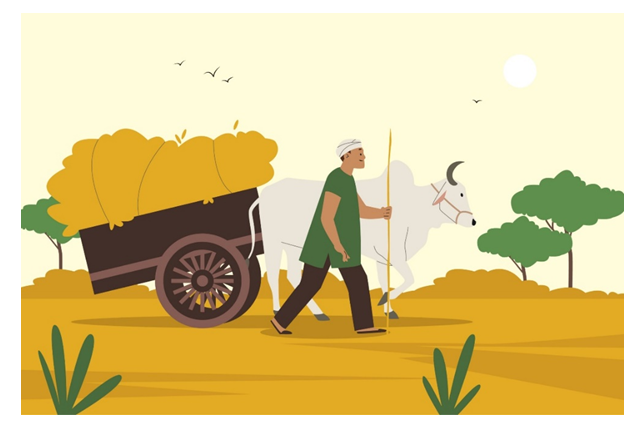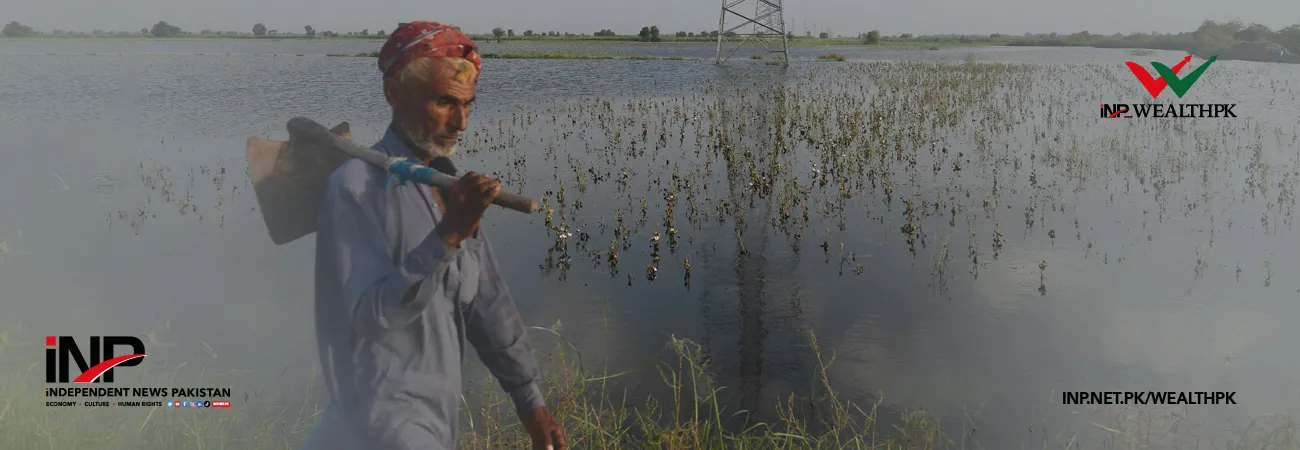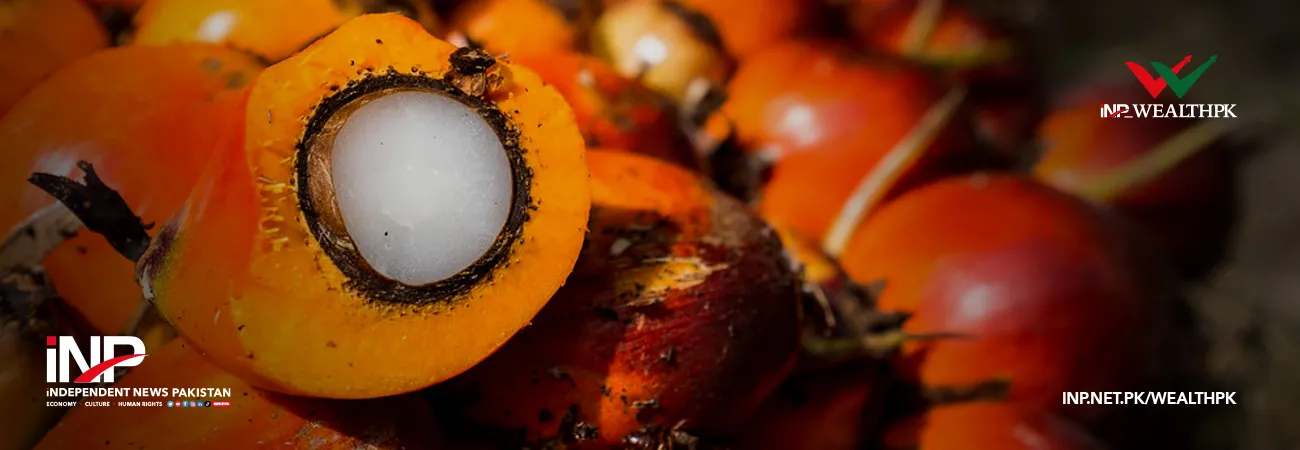INP-WealthPk
Arooj Zulfiqar
Empowering Pakistani farmers through fair pricing and improved market access is not just an economic necessity but is crucial to securing their livelihoods and ensuring the nation's agricultural sustainability, reports WealthPK.

“In today's rapidly changing agricultural environment in Pakistan, it is more important than ever to guarantee equitable pricing and market entry for farmers,” M. Mumtaz, Senior Scientific Officer (SSO) at the National Agricultural Research Council (NARC), told WealthPK in an interview. “Our farmers face numerous challenges from fluctuating commodity prices to limited market reach, exacerbated by economic uncertainties and climate change impacts. They are grappling with economic uncertainties that affect their livelihoods and productivity. Market volatility, driven by domestic and international factors, results in unpredictable price fluctuations for key crops. This instability undermines their income security, making it difficult for them to plan for future or invest in modern farming techniques,” he said.
Moreover, climate change poses a significant threat to the agricultural productivity. Unpredictable weather patterns, increased frequency of extreme weather events, and shifting growing seasons have made farming more challenging. Droughts, floods, and pest infestations are becoming more common, leading to crop failures and reduced yields. These environmental challenges have exacerbated the already precarious situation for farmers, making the need for resilient and sustainable farming practices more pressing. “To address these challenges, implementing fair pricing mechanisms is essential. The government and private sector must collaborate to establish transparent and consistent pricing policies that protect farmers from exploitation and ensure they receive a fair share of profits. Initiatives such as minimum support prices (MSP) and guaranteed procurement schemes can provide a safety net, stabilizing the farmers' income and encouraging them to continue producing essential crops,” he suggested.
“Additionally, enhancing market access for farmers is equally important. Many small-scale farmers struggle to reach the larger markets due to inadequate infrastructure, limited transportation options, and lack of market information. Investing in rural infrastructure, including roads, storage facilities, and digital platforms, can bridge the gap between farmers and markets, enabling them to sell their produce at competitive prices. “Moreover, limited access to credit and financial services is another significant challenge for farmers. Without adequate financing, they cannot invest in high-quality seeds, fertilizers, and modern equipment, thus hindering their productivity,” he said. “By addressing the challenges they face, we can ensure a sustainable agriculture sector, improve food security, and enhance the livelihoods of millions of farmers. It is time for concerted efforts and innovative solutions to transform Pakistan's agricultural outlook for the better,” the NARC scientist added.
Credit: INP-WealthPk













